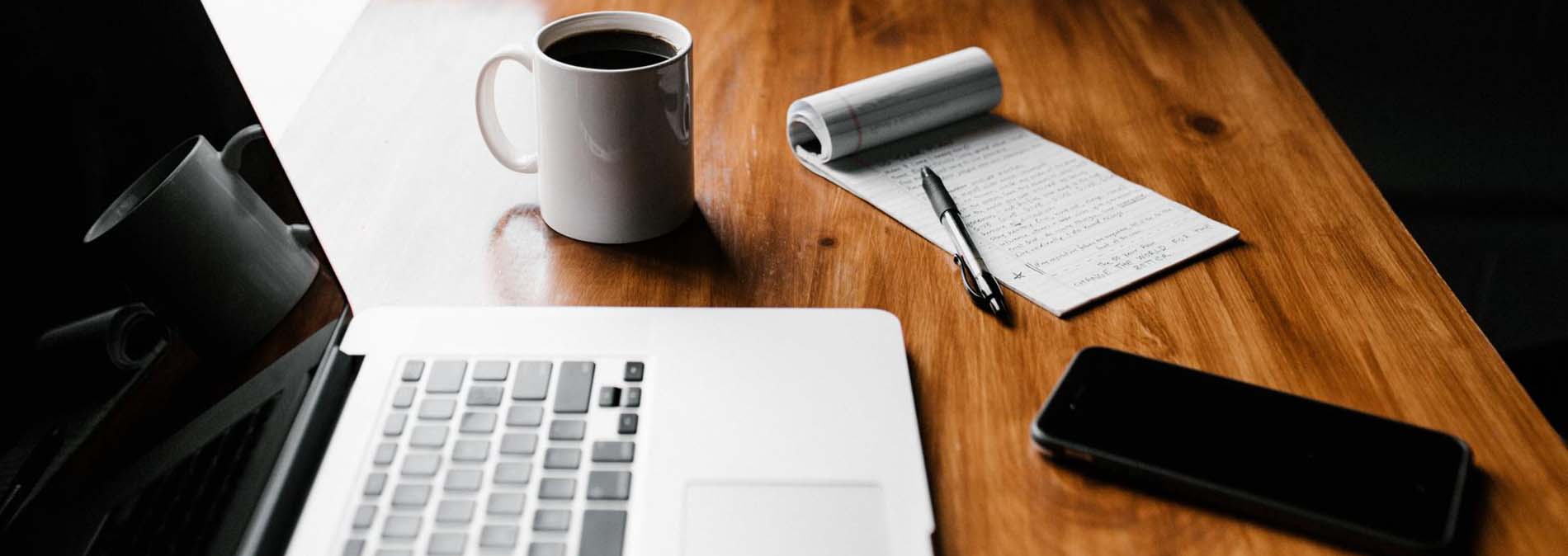WORKING FROM HOME EXPENSES – RECORD KEEPING FOR 2022-23
You may have read our recent issue on changes to Deductions for Working from Home (WFH) Expenses. As we fast approach another end of financial year and start collecting information to complete your tax return, here are some helpful tips to make sure you can claim your eligible deductions.
First, let’s recap the changes the Australian Taxation Office (ATO) has implemented to the Fixed Rate Method for Home office expenses from 1 July 2022.
There is a new hourly rate of 67 cents, which includes phone, internet, electricity, and gas expenses. This rate also includes computer consumables and stationery costs (such as ink and paper).
Any expenses not mentioned above, such as the decline in value of a computer, desk or office chair, will need to be claimed separately.
In addition, the ATO has abandoned the rule to have a separate home office or dedicated work area but increased the requirements around record keeping.
The period of adjustment ended on 28 February 2023, which means we all need to be on top of these requirements now.
So what do you need to provide to your accountant for the Financial Year 2023, in terms of work from home expenses?
1. From 1 July 2022 to 28 February 2023, you need to provide a record that represents your working from home hours for that period (no change to how you provided information to us previously).
2. From 28 February 2023 to 30 June 2023, you need to provide a full record of the total hours worked from home. This is a detailed record of actual hours worked, rather than an estimate. Here are some suggestions to help you with record keeping:
- Add this information to your timesheets/ rosters, if this is something you use to report your work to your employer.
- Use a paper or electronic diary to record each day and hours you work from home and the expenses you incur that relate to this arrangement.
- Make a note on your calendar (connected to your email or just on your phone). Make it easily identifiable by using the same color/ description for all WFH events.
- Create a spreadsheet and save it to your desktop. Use the spreadsheet to enter the dates and hours you work from home. The advantage of using a spreadsheet is that you can easily calculate the total of hours worked at the end (no need to check each note/ diary entry for confirmation of total hours worked).
3. You must incur additional running expenses and not be reimbursed for the same, to claim this hourly rate.
You will need to keep at least one invoice or bill for each of the additional running expenses which you have incurred while working from home, which are included in the 67 cents hourly rate (phone, power, internet, stationery and computer consumables).
- You must have evidence that the invoices were paid (or partly paid) by you if these were not addressed to you initially.
- Where an expense is only partly incurred in gaining or producing assessable income, it must be apportioned.
- If your employer reimburses you for an expense, then you cannot claim a deduction for such expense.
4. For each depreciating asset, you need to provide an invoice that confirms the supplier, the cost of the asset, the nature of the asset (this can be added to the document, if not available from the supplier), the acquisition date and the date the document was produced.
- You must keep records which demonstrate your work-related use of the depreciating asset – this can be a 4-week logbook showing the time spent using the asset for personal purposes and work.
The record of hours can be in any form, as long as it is kept daily or weekly. Make sure you choose an option that suits your circumstances and start recording as soon as possible.
Car Expenses and the Logbook method
We remind you to also keep a logbook for odometer readings if you wish to claim more than 5,000 Kms driven for work-related purposes for the financial year.
The logbook should cover at least 12 continuous weeks. It will be valid for five years. You will also need a new logbook if the latter one stops being representative of your work trips.
More information on this deduction here.
Feel free to get in touch on 0416 919 036 or contact@gpgbusinessadvisory.

